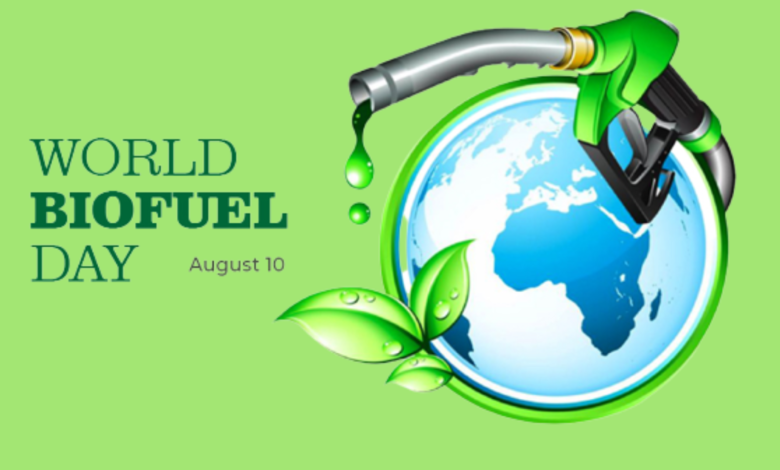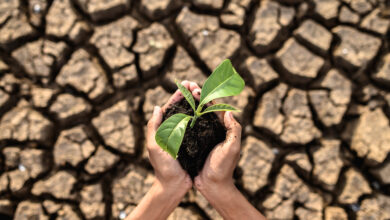World Biofuel Day: Advancing Sustainable Energy Solutions for a Greener Future

World biofuel day is celebrated to raise awareness about the use of sustainable energy as an alternative to conventional fossil fuels.
In an era where environmental concerns are at the forefront of global discussions, the need for sustainable and renewable energy sources has never been more pressing. World Biofuel Day, celebrated on August 10th each year, serves as a reminder of the pivotal role that biofuels play in mitigating climate change and reducing our dependence on fossil fuels.
Why Choose Biofuel Over Conventional Energy Sources?
Traditional energy is sourced from finite reservoirs like natural gas, oil, coal, nuclear power, and thermal power. The excessive consumption of these finite resources is already placing considerable strain on our climate.
Conversely, biofuel offers a sustainable solution derived from renewable sources. It is produced from various feedstocks including plants, agricultural, domestic, or industrial biowaste, ensuring a continuous and limitless supply. The most prevalent biofuels in use today are ethanol and biodiesel, marking the initial phase of biofuel technology.
In comparison to conventional energy sources, biofuel stands out as a cost-effective and eco-friendly alternative. It serves diverse purposes, catering to both transportation and heat and electricity generation needs.
At present, the primary application of biofuel is in the realm of transportation, contributing to 3% of the global transportation sector. To further curtail reliance on petroleum, the International Energy Agency (IEA), a Paris-based intergovernmental organization overseeing global energy sectors, has set an ambitious target. By 2050, the IEA aims to fulfill 25% of the world’s transportation fuel demand through biofuels.
History of World Biofuel Day Observation
Recognizing the significant role of biofuel as an alternative to conventional energy sources, the Ministry of Petroleum and Natural Gas officially embraced the commemoration of World Biofuel Day in 2015. As we enter the year 2023, we are now marking the ninth anniversary of this global observance.
Notably, on August 9, 1983, Sir Rudolph Diesel achieved a pivotal milestone by successfully operating a mechanical engine utilizing peanut oil. He also envisioned the potential for vegetable oils to eventually replace fossil fuels in the forthcoming century. This day serves as a historic marker for the first successful production of biofuel.
Benefits of Biofuels
Reduced Greenhouse Gas Emissions
One of the most compelling advantages of biofuels is their capacity to significantly decrease greenhouse gas emissions. As biofuels are derived from organic materials, the carbon dioxide released during their combustion is largely offset by the carbon dioxide absorbed during plant growth. This closed carbon cycle helps mitigate the impact of climate change.
Energy Security and Independence
Biofuels reduce a country’s reliance on imported fossil fuels, enhancing energy security and promoting self-sufficiency. By utilizing local resources for fuel production, nations can reduce their vulnerability to volatile oil prices and geopolitical tensions.
Job Creation and Economic Growth
The biofuel industry fosters job creation and economic growth by generating employment opportunities in various sectors such as agriculture, transportation, and research and development. This spurs economic activity in rural areas and stimulates technological innovation.
Sustainable Agriculture
The cultivation of biofuel feedstock crops can promote sustainable agricultural practices. These crops often require fewer chemical inputs, conserve water, and enhance soil health, leading to improved agricultural sustainability.
Conclusion
World Biofuel Day serves as a reminder of the vital role that biofuels play in driving the shift toward a sustainable and low-carbon energy future. As we celebrate World Biofuel Day, let us reaffirm our commitment to advancing these innovative solutions and working collaboratively towards a greener and more sustainable planet.
The Disposal Company is on a mission to transform India’s approach to sustainability, offering an innovative platform that allows brands to go plastic-neutral and carbon-neutral. Discover more here.




